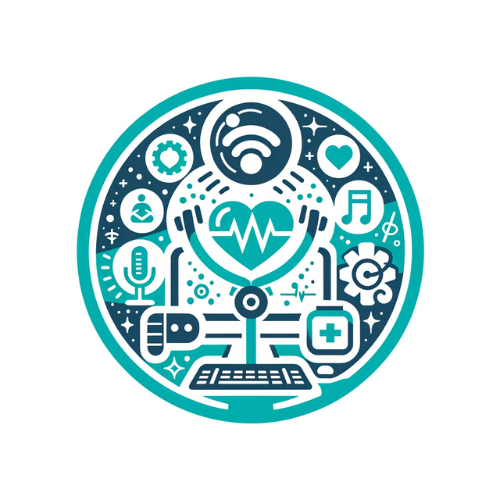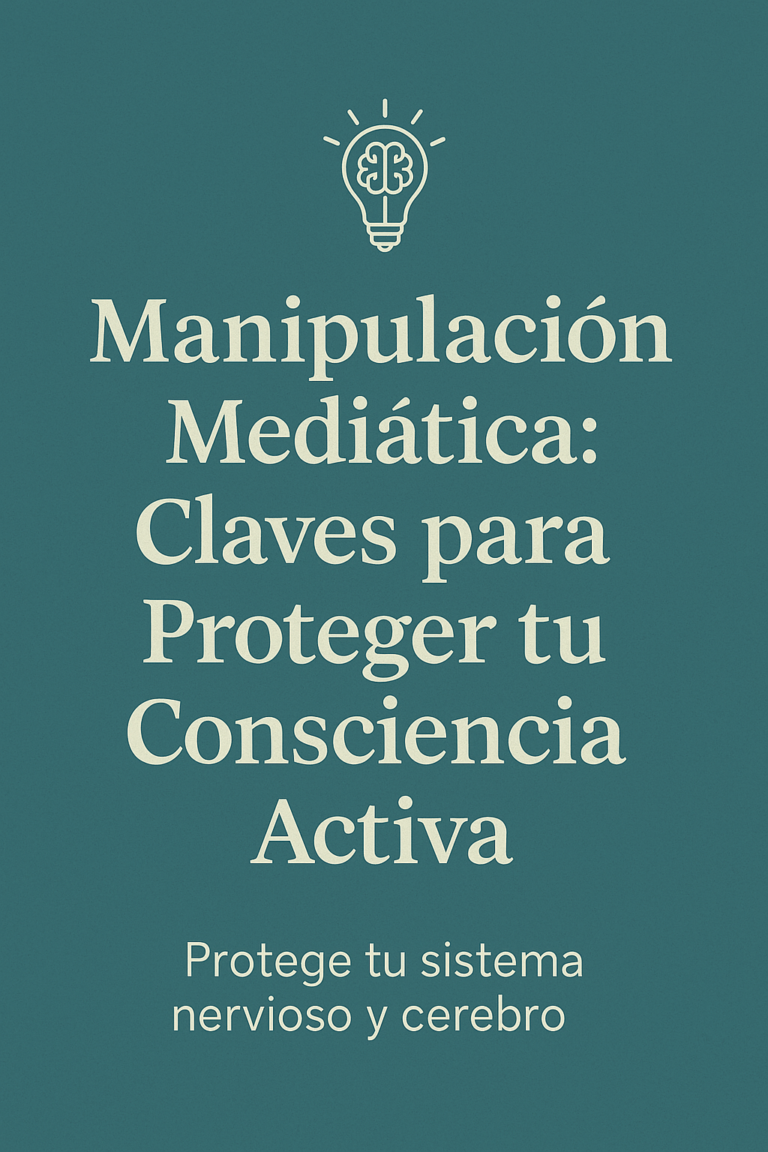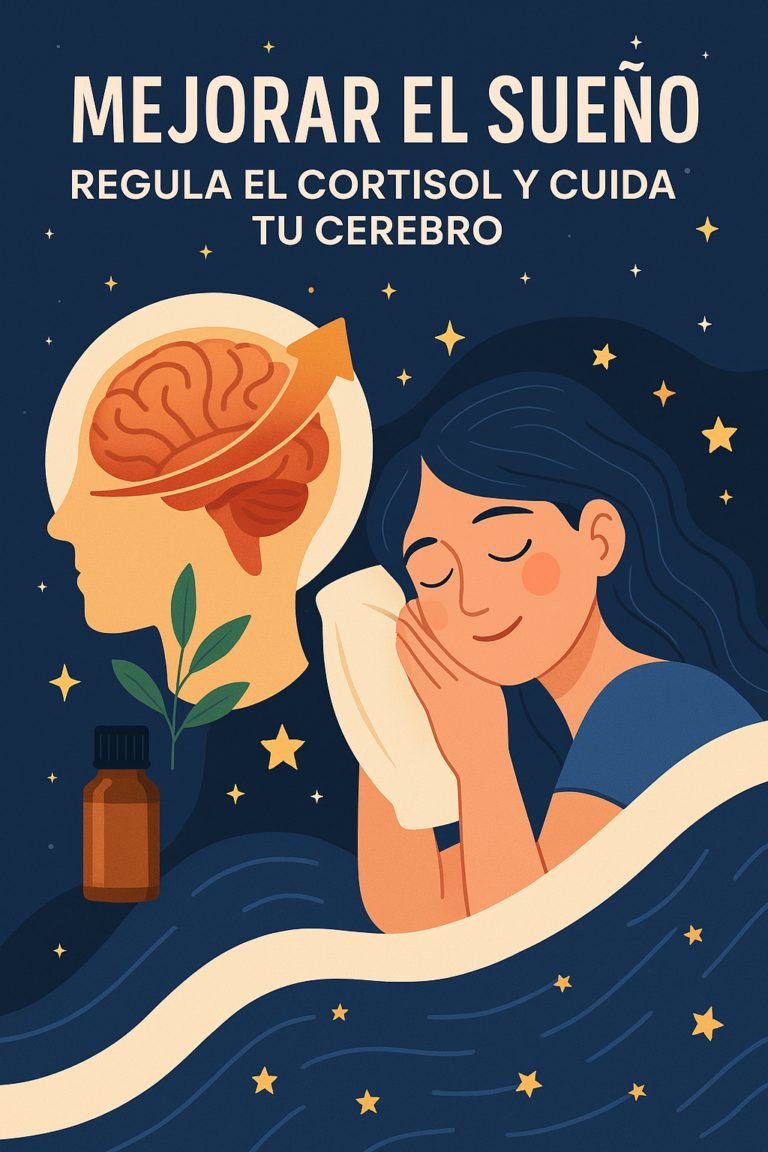Call us now:
USA News Decline in Cancer Deaths Sparks Urgency for Holistic Solutions to Boost Brain Health
Welcome to the USA news section, today we want to talk about a promising yet challenging trend in public health: the decline in cancer deaths alongside an emerging urgency for holistic solutions to boost brain health.
Recent statistics highlight that while the number of cancer-related fatalities has significantly decreased over the past three decades, diagnoses in certain populations—especially younger adults and specific racial groups—are on the rise.
This presents a dichotomy that underscores the importance of not only continuing our fight against cancer but also addressing mental and emotional well-being in a comprehensive manner.
An Evolving Cancer Landscape
According to a new report from the American Cancer Society, the cancer mortality rate in the United States has dropped 34% between 1991 and 2022.
This decline equates to an estimated 4.5 million fewer deaths over that period, a testament to advancements in early detection, better screening programs, and more effective treatments.
Yet, this good news is tempered by a rise in overall cancer incidence, particularly among younger adults and women.
For instance, cancers historically seen in older populations, like lung cancer and colorectal cancer, are increasingly being found in younger individuals.
These findings challenge the conventional assumptions that associate most cancer risks strictly with older age.
Experts from the Centers for Disease Control and Prevention (CDC) also note that more than 2 million new cancer cases are likely to occur in 2025 alone, with an anticipated 620,000 related deaths.
While progress in lowering mortality should be applauded, these numbers reveal a pressing need for more robust prevention strategies that integrate both physical health and mental wellness.
The Brain-Body Connection
It may come as a surprise that the battle against cancer is closely intertwined with our brain health.
The onset of a cancer diagnosis can amplify stress, anxiety, and a myriad of emotional challenges, which in turn can weaken immune responses and slow recovery. In many instances, the vicious cycle of stress can also aggravate existing health issues.
The good news is that effective stress management can have a positive ripple effect on physical health, potentially providing an added layer of protection against various diseases.
Research consistently shows that when individuals find ways to reduce stress—through mindfulness, exercise, or a supportive network—they tend to experience better health outcomes overall.
This integrative viewpoint highlights the necessity of approaching cancer prevention and care not just through medical interventions, but also through emotional and cognitive support systems.
Addressing Inequalities in Cancer and Mental Health
Despite the downward trend in overall cancer mortality, significant disparities remain among certain groups.
According to recent studies:
- Populations of color: Incidence and mortality rates for certain cancers (kidney, liver, stomach, cervix, prostate) are disproportionately higher in African American and Native American communities.
- Younger Women: Rates of lung cancer have started to rise in women under age 65, surpassing those in men for the first time, highlighting the need for gender-sensitive prevention strategies.
- Socioeconomic Factors: Limited access to quality health care, preventive services, and educational resources exacerbates both cancer outcomes and mental health challenges in under-resourced regions.
These inequalities mirror broader issues in the healthcare system, from financial barriers to social determinants of health.
A holistic health framework can help address both the physical aspects of disease and the emotional well-being of patients, especially in communities that historically face higher risks and fewer resources.
How Can I Avoid Anxiety?
Managing or avoiding anxiety in today’s fast-paced environment is more critical than ever, particularly for individuals at higher risk of cancer or chronic illnesses.
Here are a few actionable strategies:
1. Deep Breathing Techniques
Practicing slow, controlled breathing can quickly calm the nervous system.
Even five minutes of focused breathing per day can offer immediate stress relief and enhance mental clarity.
2. Time Management
Feeling overwhelmed often stems from poor organizational skills.
Scheduling tasks, setting reminders, and using productivity apps can help you create a balanced structure and reduce last-minute chaos.
3. Limit Social Media Consumption
Constant exposure to stress-inducing news or unrealistic portrayals of life can intensify anxiety.
Setting boundaries—like designating specific times of day for checking social platforms—can provide mental relief.
4. Regular Sleep Patterns
Lack of quality sleep disrupts hormonal balance and cognitive function.
Aim for 7-9 hours of rest each night to support emotional regulation and overall brain health.
What Is the Best Way to Manage Stress?
The best approach to managing stress is proactive.
By incorporating wellness practices into your daily routine, you build resilience against life’s inevitable challenges.
Consider the following steps:
1. Engage in Hobbies
Whether it’s painting, cooking, or playing a musical instrument, hobbies serve as a natural outlet for creativity and relaxation, diverting the mind from stressors.
2. Seek Nature’s Comfort
Evidence suggests that spending time outdoors, known as “green therapy”, can significantly enhance mood and cognitive function.
Even brief walks in a park can lower cortisol levels.
3. Limit Caffeine and Alcohol
High intake of stimulants and depressants can upset sleep patterns and amplify anxiety.
Moderation ensures that these substances don’t exacerbate stress.
4. Set Realistic Goals
Striving for lofty objectives is admirable, but goals should be achievable.
Consistent small wins can build confidence, while unattainable targets often yield frustration.
Meditation as a Pillar for Holistic Wellness
Among the most powerful tools for brain health, meditation has shown remarkable efficacy in reducing stress, moderating emotional volatility, and enhancing cognition.
Its key benefits include:
- Strengthening the Prefrontal Cortex: Critical for decision-making and emotional self-regulation.
- Decreasing Activity in the Amygdala: Helps break the cycle of chronic stress responses.
- Improving Attention and Cognitive Abilities: Greater focus and sharper memory are significant perks of regular meditation.
In the context of cancer, meditation can serve as a complementary practice—alleviating anxiety and boosting mental resilience, elements crucial for coping with a cancer diagnosis or supporting a loved one through treatment.
Holistic Health Amid Declining Cancer Deaths
The downward trend in cancer mortality is indeed encouraging, signifying major strides in medical science and public health awareness.
However, the simultaneous rise in certain cancer diagnoses—particularly in younger women—suggests the importance of a well-rounded wellness approach.
This means:
- Preventive Healthcare: Regular screenings and a proactive stance against known risk factors like smoking, poor diet, and sedentary lifestyles.
- Mind-Body Integration: Recognizing that mental health significantly influences physical health outcomes and vice versa.
- Community and Equity: Ensuring that underserved populations have equitable access to diagnostics, treatments, and mental health support.
By weaving together advancements in cancer care with a robust focus on brain health, individuals can navigate stressful life events with greater resilience, ultimately lowering their risk for both physical and mental ailments.
Embrace Holistic Wellness for a Healthier Future
While the decline in cancer deaths over the last three decades marks a significant triumph of modern medicine, the climb in new diagnoses—alongside disparities in outcomes—urges us to remain vigilant.
Balancing prevention, targeted screening, and emotional well-being can help address these emerging challenges.
A strong focus on holistic approaches—encompassing diet, exercise, mental health strategies, and community support—can empower individuals to tackle issues like anxiety, stress, and depression that often intersect with physical health concerns such as cancer.
If you’re seeking personalized guidance for brain health or looking to integrate practices like meditation into your wellness regimen, consider consulting with experts. You can schedule an appointment here.
Additionally, we invite you to enrich your journey by subscribing to The Brain Care Podcast, where we delve deeper into practical strategies for holistic well-being.
Stay up to date with breakthrough findings in cancer research, mental health, and lifestyle interventions by subscribing to our blog.
Breathe, Heal, Evolve
Never forget that your emotional resilience is a powerful ally in preventing and managing disease.
By prioritizing balanced living, mindful awareness, and community support, you can contribute to a healthier and more fulfilling future—for yourself and those you love.
Bibliography
- Centers for Disease Control and Prevention (CDC). Cancer Statistics. CDC.gov
- USA News Article on Cancer Deaths Decline. Link to Article
- Johnson, S. R. (2025). Q&A: Cancer Death Rates Are Down But Inequalities Persist. U.S. News & World Report



